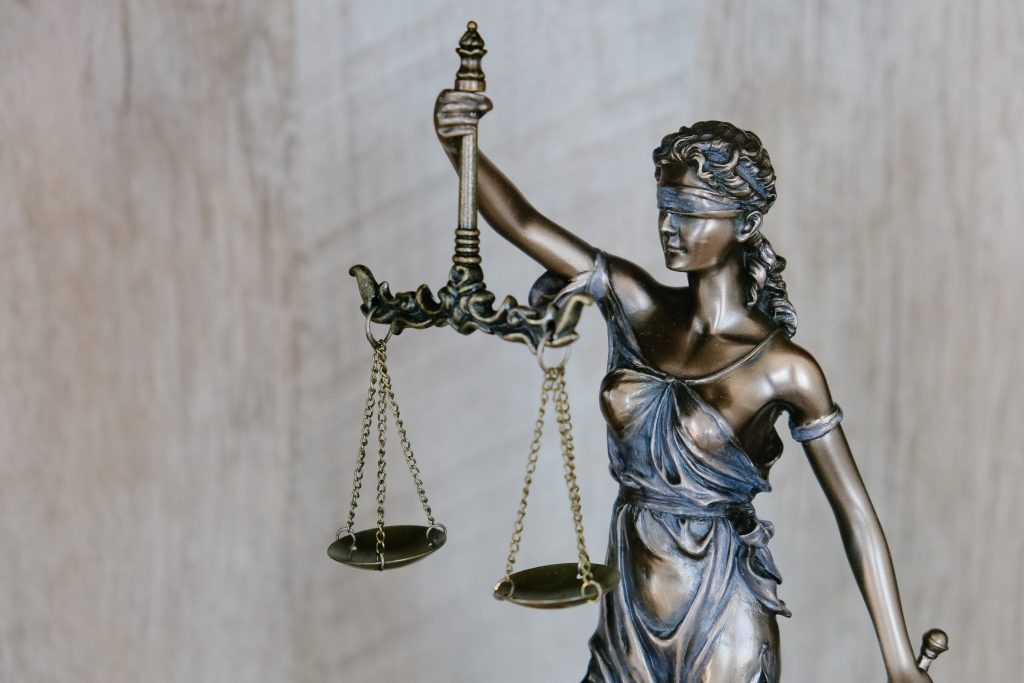Published on
Why SUNY Has It Right: Schools Must Stop Withholding Transcripts to Equalize Education

Last month, the State University of New York, the U.S.’s largest public comprehensive higher education system, announced it will no longer withhold academic transcripts from students with outstanding debt.
While students often need proof of their academic record to transfer to another institution or apply for higher-level academic programs or employment, many colleges have withheld transcripts to incentivize students to pay off their outstanding debts. Yet the debt most in question in these cases is minimal, with two thirds of colleges choosing to withhold transcripts for balances of less than $25, according to a survey conducted by the American Association of Collegiate Registrars and Admissions Officers.
These outstanding fees can be attributed to tuition, room and board, parking, library fines and even hidden fees that students rarely know they owe. Often, schools will add late charges to these fees, significantly increasing them from their original amounts.
Sadly, it seems that mostly low-income students and students of color are likely to have what research nonprofit Ithaka S+R refers to as stranded credits–or academic credits they earned but cannot access because of an unpaid balance with a previously attended institution. With 44% of Black employees stating money as a top barrier to pursuing education–with time constraint following closely behind–these stranded credits present yet another barrier to education for those in underrepresented groups and in making education accessible and equitable for all.
According to the American Council on Education, more than 40% of U.S. undergraduate students come from low-income families. While many low-income students ultimately drop out of an undergrad program due to financial concerns, it seems their initial attempt to improve their lives has now become a hindrance to taking the next step. Many decide to go back to school for one of four reasons: career mobility, financial mobility, intrinsic aspiration or education aspiration. Some are motivated by job-related pursuits, while others always dreamed of going to college or hope to act as a positive role model for their children and members of their community. The hindrance created by these stranded credits could inhibit all of those, removing the ability to buy a home or car, advance their career or provide for their family.
Withholding transcripts disproportionately affects students at community colleges–schools that students choose primarily because of their affordability and ability to transfer credits easily–and prevents millions of Americans who started but never finished college from going back to school, despite the need to change careers as a result of the pandemic-induced recession.
The practice has also proven to be an ineffective way to collect debt, according to a study conducted by Policy Matters Ohio. The organization found that in the state of Ohio, less than seven cents of every dollar owed to public universities by current or former students is recovered annually. After reviewing their own collection policy at Bunker Hill Community College in Boston, the president asked, “Is this actually even an effective policy to encourage students to pay their money back?”
By eliminating the practice of withholding transcripts, SUNY is opening the doors to education for more students. In today’s job market, over two thirds of jobs will require some post-secondary learning by 2027. Yet only 18% of Hispanic and 26% of Black adults have been able to earn a bachelor’s degree, compared to 39% of white adults.
In dropping these fees, SUNY models the State of California, the first state to prohibit any postsecondary institution from withholding transcripts from students because of debts owed. This stance was significant because it was enacted by the state and inclusive of all California public and private schools. Louisiana and Washington have enacted similar laws, while legislatures in Massachusetts, Minnesota and Ohio proposed them in 2021.
While state-enacted prohibition of this practice is what is truly needed to get students the resources they need to graduate and succeed, several other schools in addition to SUNY are beginning to step up and repeal these rules on their own. Eight public colleges in northeastern Ohio recently banded together to help students with stranded credits re-enroll by developing personalized plans aimed at resolving their outstanding debt. Additionally, the City University of New York, New York City’s public higher education network, eliminated the practice of withholding transcripts last August. And Bunker Hill Community College in Boston recently dropped the policy as well after questioning its effectiveness.
If we as a society really value education, forgiving these outstanding student fees is a relatively low-cost step higher education institutions can take to improve economic outcomes. The benefits associated with students re-enrolling in classes and ultimately graduating with a degree far outweigh the cost to the school—the most important of which is earnings that allow them to repay their student loans, resolve outstanding debts and contribute to the economy.
Author Perspective: Analyst



